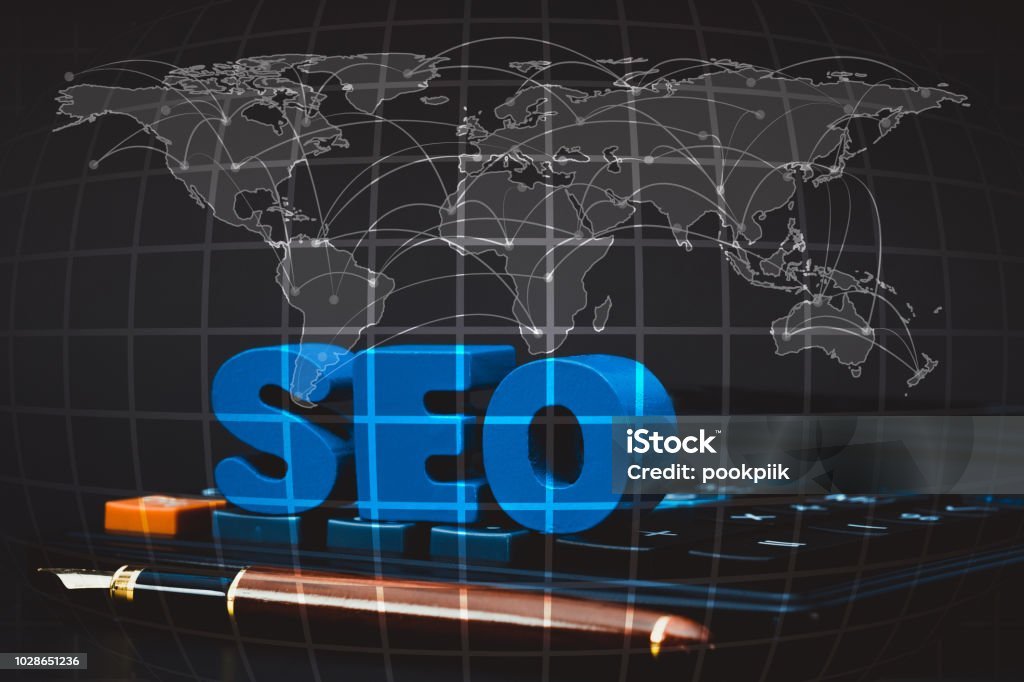SEO is an ever-evolving field. Over the years, search engines have become smarter, and user behavior has changed dramatically. Strategies that worked a few years ago like keyword stuffing or excessive backlinking are now outdated. With Google continuously refining its algorithms, businesses and marketers must stay ahead of the curve to maintain or improve their rankings.
As we look toward 2025, the SEO landscape is set to experience even more groundbreaking changes. Artificial intelligence, user experience, and personalized search will shape the way content is ranked. Understanding these upcoming trends is key to preparing your website for the future. In this post, we’ll explore what’s coming next and how you can stay ahead in the competitive world of search.
AI and Machine Learning in SEO

Artificial intelligence (AI) and machine learning are already at the core of Google’s search algorithms, and their influence will only grow in 2025. Google’s AI systems, like RankBrain, BERT, and MUM, have been continuously improving search accuracy, helping users find exactly what they need, even if they phrase their queries differently.
With the rise of AI-powered content generation tools, search engines will need better ways to distinguish between high-quality, human-authored content and automated, low-value text. While AI can help create content, Google still prioritizes expertise, originality, and human insight.
SEO tools are also evolving with AI integration, making keyword research, competitor analysis, and technical audits faster and more efficient. Businesses that leverage AI strategically without sacrificing authenticity will have a competitive advantage.
The Role of EEAT (Experience, Expertise, Authoritativeness, Trustworthiness)

Google’s focus on EEAT (Experience, Expertise, Authoritativeness, and Trustworthiness) is stronger than ever. The days of ranking with generic, thin content are gone. Now, Google prioritizes websites that demonstrate credibility and provide valuable, expert-driven content.
To improve EEAT, businesses should:
✔ Showcase real-world experience by using case studies, testimonials, and expert authorship
✔ Strengthen authority with backlinks from high-quality, reputable sources
✔ Improve trustworthiness by maintaining secure websites (HTTPS), transparent business information, and positive customer reviews
With misinformation and low-quality content flooding the web, Google will reward sites that prove authenticity, accuracy, and expertise.
The Evolution of Link Building and Digital PR

Link building is evolving, and in 2025, it will be less about quantity and more about building meaningful relationships. Google’s updates are cracking down on spammy backlinks, link farms, and low-quality guest posts, making traditional link-building tactics less effective.
Instead, businesses should focus on earning links naturally through:
- Digital PR: Getting featured in news articles, industry blogs, and reputable online publications
- Brand mentions: Even unlinked mentions can improve visibility and credibility
- Collaborations & partnerships: Engaging with influencers and industry leaders to gain organic links
By prioritizing quality over quantity, businesses can future-proof their link-building efforts.
Content Strategy for 2025

Content marketing remains at the heart of SEO, but the way we create and structure content is changing. Google now prioritizes topic clusters over isolated blog posts. This means that instead of publishing random articles, businesses should create interconnected, in-depth content around key topics.
Additionally, video content especially short-form videos like YouTube Shorts and TikTok is gaining traction in search results. Google is integrating more multimedia content, so businesses should incorporate video SEO strategies like optimized transcripts, engaging thumbnails, and keyword-rich descriptions.
With AI-driven content personalization becoming more sophisticated, users expect content that is tailored to their interests. Websites that offer personalized experiences will see higher engagement and conversion rates.
Local and Hyperlocal SEO Trends

Local SEO is becoming more precise, thanks to AI-driven search enhancements. Google now personalizes results based on a user’s location, search history, and preferences.
Businesses need to optimize for:
✔ Google Business Profile – Keeping business information accurate, responding to reviews, and adding regular updates
✔ Hyperlocal keywords – Targeting “near me” searches with localized content
✔ User-generated content – Encouraging customers to leave reviews, ask questions, and engage with local discussions
By focusing on hyperlocal strategies, businesses can dominate local search results and attract nearby customers.
The Future of Technical SEO

Technical SEO isn’t going anywhere in fact, it’s becoming more critical. Search engines are prioritizing structured data, mobile-first indexing, and JavaScript rendering to improve user experience.
Websites need to ensure:
✔ Fast-loading pages with optimized images and minimal scripts
✔ Structured data markup to help Google understand content better
✔ Mobile-first design, since most searches now happen on mobile devices
AI-driven automation tools will also make technical SEO more efficient by identifying issues and optimizing websites in real-time.
Predictions for Algorithm Updates in 2025

Google’s algorithm updates are always unpredictable, but we can expect:
✔ More real-time indexing driven by AI-powered crawling
✔ Stronger penalties for spammy SEO practices
✔ More emphasis on user behavior signals like time-on-page and interaction rates
With the advancement of AI, search engines will become even more efficient at understanding context, intent, and content quality. This means websites that rely on outdated SEO tactics or low-value content will struggle to maintain visibility. Instead, prioritizing high-quality, well-structured content that genuinely serves user needs will be essential.
Additionally, as voice search continues to grow, optimizing for conversational queries and long-tail keywords will become more important. Structured data and schema markup will play a bigger role in how search engines interpret and display results, making technical SEO more crucial than ever.
Websites that focus on user experience, high-quality content, and ethical SEO strategies will thrive. Brands that engage with their audience through meaningful interactions and provide valuable, authoritative content will see sustainable growth in search rankings.
SEO is shifting toward AI-driven experiences, personalized search, and quality content. As search engines become more sophisticated, they prioritize intent-based search results, user engagement metrics, and high-quality, authoritative content.
The best way to succeed in 2025? Stay adaptable, follow ethical SEO practices, and always prioritize the user experience. This means embracing AI-powered tools for keyword research and content creation, optimizing for voice and visual search, and ensuring your website is fast, mobile-friendly, and accessible. Additionally, building strong E-E-A-T (Experience, Expertise, Authoritativeness, and Trustworthiness) signals will be essential for ranking well.
SEO is no longer just about keywords and backlinks it’s about delivering real value to users. By staying ahead of trends and continuously refining your strategies, you can maintain a competitive edge in the ever-evolving digital landscape.





